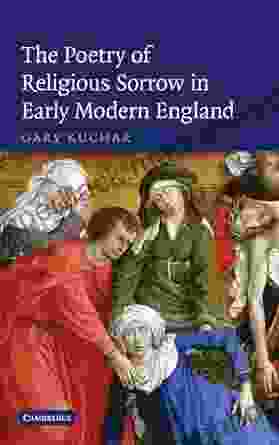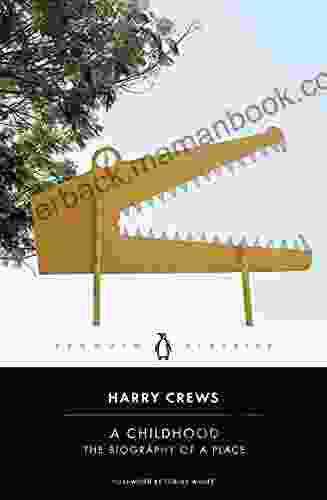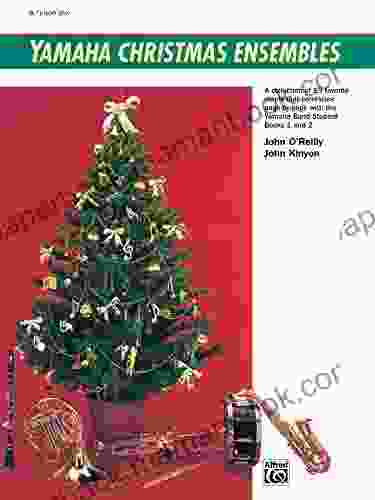The Poetry of Religious Sorrow in Early Modern England: A Journey Through Loss, Grief, and the Search for Solace

The human experience is an intricate tapestry woven with threads of joy and sorrow, hope and despair. In the realm of literature, poets have long delved into the depths of human emotions, exploring the complexities of our inner lives. Among these profound themes, religious sorrow stands out as a poignant and enduring subject, particularly during the period of Early Modern England.
During this era, which spanned from the early 16th to the late 17th century, England underwent significant religious and political transformations, including the Protestant Reformation and the rise of Puritanism. These seismic shifts had a profound impact on the collective psyche, giving birth to a rich body of poetry that grappled with the pain of loss, the agony of grief, and the search for solace in the face of religious upheaval.
Religious sorrow, as reflected in Early Modern English poetry, is a multifaceted phenomenon, encompassing a wide range of emotions and experiences. At its core lies the profound meditation on mortality, the realization that life is finite and that all human endeavors are ultimately ephemeral. This awareness could lead to feelings of despair, a sense of the futility of existence, and a longing for a deeper meaning beyond the earthly realm.
5 out of 5
| Language | : | English |
| File size | : | 2731 KB |
| Text-to-Speech | : | Enabled |
| Print length | : | 254 pages |
| Lending | : | Enabled |
In addition to the existential anguish of mortality, religious sorrow also manifested itself in the heart-wrenching expressions of grief over the loss of loved ones. During a period when infant mortality rates were high and the average life expectancy was significantly lower than today, death was a constant and unwelcome companion. Poets poured their sorrow into their verses, lamenting the passing of family members, friends, and lovers, seeking solace amidst the ruins of their shattered hearts.
While religious sorrow could be a harrowing experience, it also offered a unique opportunity for spiritual growth and the exploration of faith. For many Early Modern English poets, the pain of loss and the anguish of grief became a catalyst for a deeper connection with the divine. Through their poetry, they sought solace in the teachings of Christianity, finding comfort in the promise of eternal life and the hope of redemption.
The faith-based poetry of this era often explored the themes of repentance and forgiveness, as poets grappled with their own sins and sought absolution from a merciful God. By acknowledging their shortcomings and seeking divine grace, they found solace and a renewed sense of purpose in their lives, transforming their sorrow into a journey towards spiritual enlightenment.
The landscape of Early Modern English poetry is adorned with a constellation of talented poets who explored the depths of religious sorrow in their works. Among the most notable are:
John Donne (1572-1631): Donne, widely regarded as one of the greatest poets of the English language, delved into the complexities of religious sorrow with unflinching honesty and raw emotion. His poems, such as "Holy Sonnet 14" and "Batter My Heart, Three-Personed God," grapple with the pain of loss, the fear of damnation, and the desperate search for divine grace.
George Herbert (1593-1633): Known for his deeply personal and devotional poetry, Herbert found solace in the beauty and simplicity of nature, using his verses to express his gratitude for God's creation and his longing for a closer relationship with the divine. In poems like "The Collar" and "Love (III)," he explores the tensions between human desires and spiritual aspirations.
Henry Vaughan (1621-1695): Vaughan, a Welsh poet known for his mystical and metaphysical verse, used his poetry to express his profound sense of loss and longing for a union with God. In poems such as "The Retreat" and "They Are All Gone into the World of Light," he explores the themes of mortality, the transience of life, and the hope for eternal salvation.
The poetry of religious sorrow from Early Modern England continues to resonate with readers today, offering insights into the human condition and the timeless search for meaning and solace. By exploring the depths of loss, grief, and faith, these poets have left behind a legacy that transcends time, reminding us that even in the face of adversity, hope can be found in the transformative power of the human spirit.
Through their raw and honest expressions, they have created a body of work that invites us to reflect on our own mortality, to grapple with our grief, and to seek solace in the realms of faith and spirituality. The poetry of religious sorrow in Early Modern England is a testament to the enduring power of human resilience and the enduring quest for meaning in the face of life's inevitable trials and tribulations.
5 out of 5
| Language | : | English |
| File size | : | 2731 KB |
| Text-to-Speech | : | Enabled |
| Print length | : | 254 pages |
| Lending | : | Enabled |
Do you want to contribute by writing guest posts on this blog?
Please contact us and send us a resume of previous articles that you have written.
 Top Book
Top Book Novel
Novel Fiction
Fiction Nonfiction
Nonfiction Literature
Literature Paperback
Paperback Hardcover
Hardcover E-book
E-book Audiobook
Audiobook Bestseller
Bestseller Classic
Classic Mystery
Mystery Thriller
Thriller Romance
Romance Fantasy
Fantasy Science Fiction
Science Fiction Biography
Biography Memoir
Memoir Autobiography
Autobiography Poetry
Poetry Drama
Drama Historical Fiction
Historical Fiction Self-help
Self-help Young Adult
Young Adult Childrens Books
Childrens Books Graphic Novel
Graphic Novel Anthology
Anthology Series
Series Encyclopedia
Encyclopedia Reference
Reference Guidebook
Guidebook Textbook
Textbook Workbook
Workbook Journal
Journal Diary
Diary Manuscript
Manuscript Folio
Folio Pulp Fiction
Pulp Fiction Short Stories
Short Stories Fairy Tales
Fairy Tales Fables
Fables Mythology
Mythology Philosophy
Philosophy Religion
Religion Spirituality
Spirituality Essays
Essays Critique
Critique Commentary
Commentary Glossary
Glossary Bibliography
Bibliography Index
Index Table of Contents
Table of Contents Preface
Preface Introduction
Introduction Foreword
Foreword Afterword
Afterword Appendices
Appendices Annotations
Annotations Footnotes
Footnotes Epilogue
Epilogue Prologue
Prologue Tony Fadell
Tony Fadell Wes Bush
Wes Bush Chanelle Arterbridge
Chanelle Arterbridge Nancy Lawson
Nancy Lawson Leslie Schrock
Leslie Schrock Ger Arevalo
Ger Arevalo Dale A Olsen
Dale A Olsen David Cordingly
David Cordingly Dr Rose Ajimatanrareje
Dr Rose Ajimatanrareje Michael Mackison
Michael Mackison Louis Becke
Louis Becke Esphyr Slobodkina
Esphyr Slobodkina Richard D Parsons
Richard D Parsons Steve Niles
Steve Niles Sara E Rimm Kaufman
Sara E Rimm Kaufman Matthew Mcconaughey
Matthew Mcconaughey Paramahansa Yogananda
Paramahansa Yogananda E Pauline Johnson
E Pauline Johnson John Scalzi
John Scalzi Kenneth Pomeranz
Kenneth Pomeranz
Light bulbAdvertise smarter! Our strategic ad space ensures maximum exposure. Reserve your spot today!

 Brett SimmonsFischbach Manual of Laboratory and Diagnostic Tests: A Comprehensive Guide...
Brett SimmonsFischbach Manual of Laboratory and Diagnostic Tests: A Comprehensive Guide...
 Miguel NelsonDrug Abuse Briefs: A Comprehensive Guide for Kids, Teens, and Parents on Drug...
Miguel NelsonDrug Abuse Briefs: A Comprehensive Guide for Kids, Teens, and Parents on Drug... Gene SimmonsFollow ·5.4k
Gene SimmonsFollow ·5.4k Arthur C. ClarkeFollow ·3.4k
Arthur C. ClarkeFollow ·3.4k Vernon BlairFollow ·18.3k
Vernon BlairFollow ·18.3k Isaiah PowellFollow ·10.5k
Isaiah PowellFollow ·10.5k Dillon HayesFollow ·4.8k
Dillon HayesFollow ·4.8k Quincy WardFollow ·13.6k
Quincy WardFollow ·13.6k Evan SimmonsFollow ·7.4k
Evan SimmonsFollow ·7.4k Oliver FosterFollow ·2.7k
Oliver FosterFollow ·2.7k

 Jeremy Mitchell
Jeremy MitchellPlay We Now On Christmas Violin Christmas: A Heartfelt...
Play We Now On...
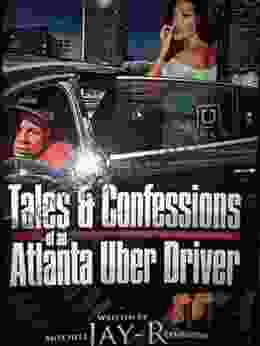
 Terry Bell
Terry BellTales from the Road: Confessions of an Atlanta Uber...
In the vibrant...

 Ervin Bell
Ervin BellThe French Admiral: A Gripping Naval Adventure with Alan...
In the vast expanse of...

 Henry David Thoreau
Henry David ThoreauCrochet Cozy Afghan Patterns: Crochet Weekend Afghan...
to Crochet...
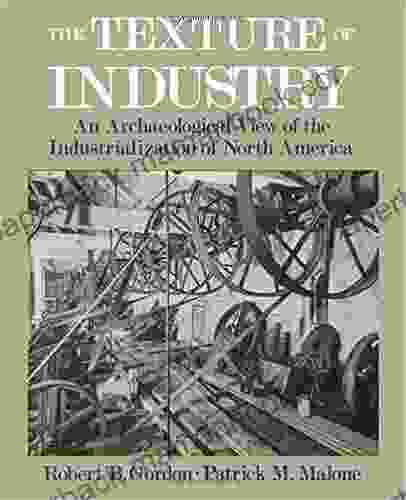
 Orson Scott Card
Orson Scott CardAn Archaeological View Of The Industrialization Of North...
The industrialization of North America was a...

 Josh Carter
Josh CarterClipboard Christmas Skits by Tom Spence: A Festive...
A Christmas...
5 out of 5
| Language | : | English |
| File size | : | 2731 KB |
| Text-to-Speech | : | Enabled |
| Print length | : | 254 pages |
| Lending | : | Enabled |


